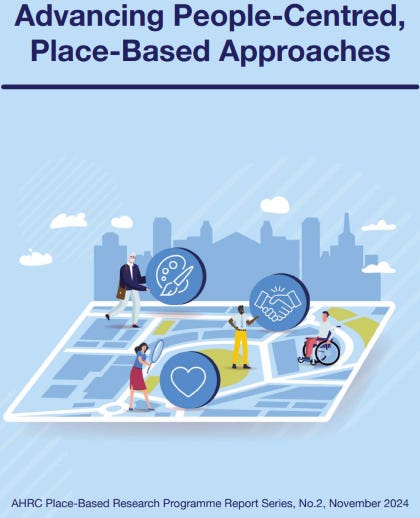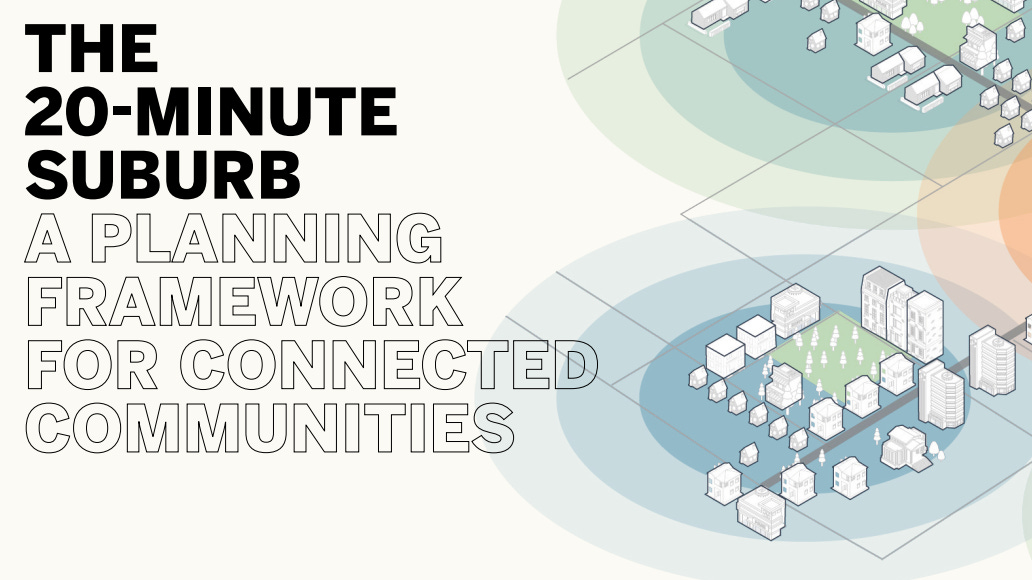Welcome to the first Places Briefing. This something of an experiment. The aim is to provide short notes and links to recent reports and publications from around the world which relate to policies and practice for the delivery of better places. I have the aim of publishing a briefing every 2 weeks just now, but maybe more frequently if interest and time permit. The intention is that Places Briefing will complement the longer pieces on ideas for better places on Policies for Places which will continue as it is.
I would very much like your feedback on whether this type of news-sheet is useful, on topics on which it might focus, and its general style and presentation.
Thank you, John Tibbitt
Place-based approaches
The AHRC/ Glasgow University Place-Based Research Programme explores the contribution that arts and humanities approaches can make to place-based policies and practices and uses this evidence to develop innovative approaches to achieving a people-centered, place-led approach. The programme engages with a range of disciplines across and beyond the arts and humanities, as well as with the public, private, third sector and community groups who engage in place-based working at a local, national, and international level.
The programme has just published its second report which explains its approach. Central to the approach is that people-centered, place-based approaches hold the lived, felt, geographic, and economic dimensions of place together to ensure that policies and practices are developed in equitable partnerships with individuals, communities, and professionals in ways that can achieve improved socio-economic outcomes for people and places.
Healthy cities
The importance of public space for healthy cities is the focus of a new guidance paper from UN habitat. This publication examines the vital connection between public spaces and healthier cities and is intended to be a comprehensive resource for urban planners, local authorities, and municipal governments.
The report details seven strategic approaches championed by UN-Habitat to improve health outcomes through public space interventions and concludes with five actionable recommendations to guide the implementation of these strategies effectively.
The 20-minute suburb
Here is an interesting planning framework based on the well-established 15-minute city concept for the development suburban American cities, as pressures grow for them to adapt to a changing socio-economic context.
Developed by SOM Foundation, this very accessible document emphasizes access to amenities, density and connectivity as the basis for sustainable suburban communities.






